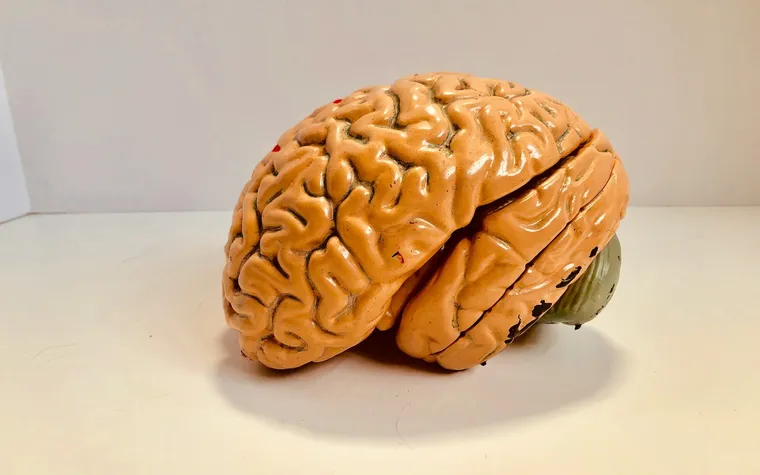Maintaining brain health is essential for cognitive function, memory, and overall mental clarity. While lifestyle choices like exercise and mental stimulation play a role, proper nutrition is equally vital. Certain vitamins and nutrients have been shown to support brain function, reduce cognitive decline, and improve overall mental well-being, making them crucial for long-term brain health.
Vitamins that enhance brain health work by promoting neuroprotection, reducing inflammation, and supporting neurotransmitter activity. From B vitamins that boost energy production to antioxidants that combat oxidative stress, incorporating these nutrients into your diet can help optimize cognitive performance and protect against neurological conditions.
Vitamin B Complex
B vitamins, including B6, B9 (folate), and B12, are essential for brain health. They play a key role in producing neurotransmitters that regulate mood and cognitive function. Deficiencies in these vitamins can lead to memory loss, depression, and increased risk of dementia. Foods rich in B vitamins include leafy greens, eggs, dairy products, and fortified cereals.
Vitamin D
Vitamin D is not only essential for bone health but also plays a significant role in brain function. Low levels of vitamin D have been linked to cognitive decline and an increased risk of neurodegenerative diseases. Sun exposure is a natural source of vitamin D, but fatty fish, fortified dairy products, and supplements can also help maintain adequate levels.
Vitamin E
Vitamin E is a powerful antioxidant that protects brain cells from oxidative stress and damage caused by free radicals. Studies suggest that adequate vitamin E intake may reduce the risk of Alzheimer's disease and cognitive decline. Nuts, seeds, and leafy green vegetables are excellent sources of this brain-protecting nutrient.
Omega-3 Fatty Acids
While not a vitamin, omega-3 fatty acids are crucial for brain health. DHA (docosahexaenoic acid), a type of omega-3, is a major component of brain cell membranes. It supports memory, learning, and overall cognitive function. Fatty fish like salmon, flaxseeds, and walnuts are rich in omega-3s.
Vitamin C
Vitamin C is well-known for its immune-boosting properties, but it also supports brain health by acting as an antioxidant. It helps prevent oxidative stress, supports neurotransmitter production, and may reduce the risk of cognitive decline. Citrus fruits, bell peppers, and strawberries are excellent sources of vitamin C.
Magnesium
Magnesium is a vital mineral that supports nerve function and protects the brain from neurotoxins. It also helps regulate neurotransmitters, which are essential for mood and memory. Foods like leafy greens, nuts, seeds, and whole grains provide ample magnesium for brain health.
Zinc
Zinc is essential for brain function and memory formation. It plays a critical role in synaptic transmission and neuroplasticity, the brain's ability to form new connections. Deficiencies in zinc are associated with cognitive impairment and mood disorders. Oysters, beef, chickpeas, and pumpkin seeds are excellent sources of zinc.
Conclusion
Supporting brain health with the right vitamins and nutrients can significantly impact cognitive function and reduce the risk of neurological diseases. Incorporating a balanced diet rich in B vitamins, vitamin D, vitamin E, and other essential nutrients ensures your brain remains sharp and resilient. Always consider speaking with a healthcare professional before starting any supplement regimen to address specific health needs.

